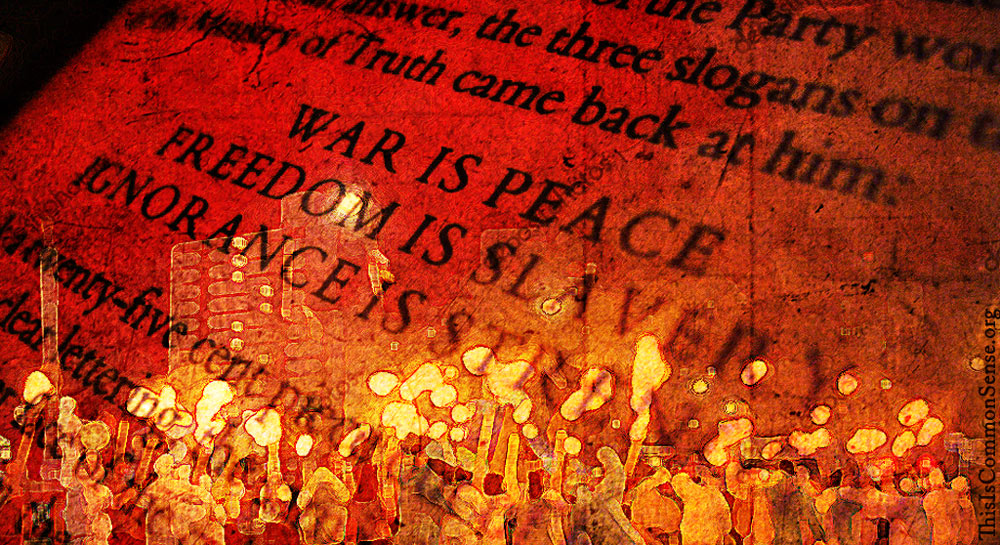Whenever it got started — ancient Sumer, maybe — doublespeak is linguistic legerdemain, a sad sign of modern times.
Consider the Associated Press’s recent pronouncement about the word “riot.” Use the meeker word “unrest,” the stylebook editors suggest. “Unrest is a vaguer, milder and less emotional term for a condition of angry discontent and protest verging on revolt.”
Nothing like vagueness and timidity to make reporting as crisp and specific as possible.
The AP adds: “Focusing on rioting and property destruction rather than underlying grievance has been used … to stigmatize broad swaths of people protesting against lynching, police brutality or for racial justice, going back to the urban uprisings of the 1960s.”
Why the new recommendation?
Well, all that … rioting by the swaths of rioters raises the question — if you regard the rioting as politically inconvenient — how not to report it.
Of course, one could consistently say both that “policing and the law should be reformed in such-and-such a way” and that “people should not destroy the property and lives of others.” Moreover, violating the rights of others should have a social cost. Criminal activity should be stigmatized. There is a major difference between protesting injustice and committing injustice.
Orwell defined doublethink, the method and goal of doublespeak, as “the power of holding two contradictory beliefs in one’s mind simultaneously, and accepting both of them.”
Whether a mind can actually do this is debatable. But disguising from oneself and others what we can all see is one way people try.
This is Common Sense. I’m Paul Jacob.
See all recent commentary
(simplified and organized)
See recent popular posts
